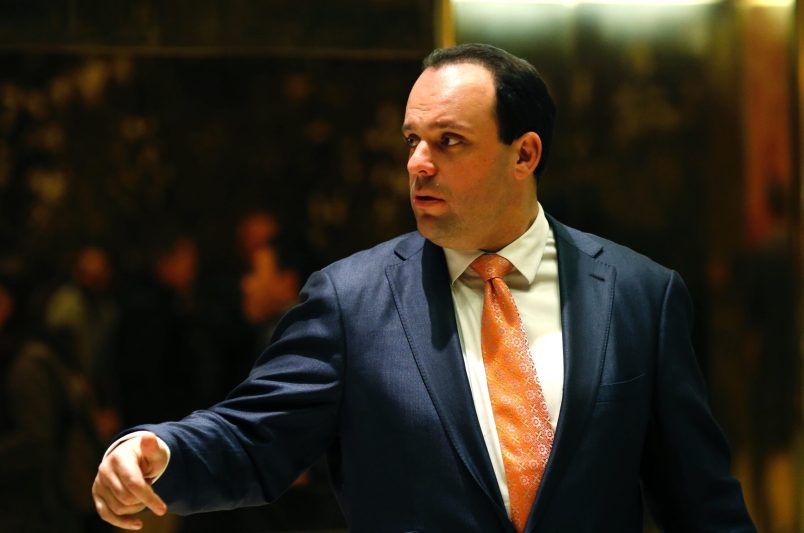As no shortage of people have already noted, it’s factually incorrect for Mitt Romney to dismiss 47 percent of Americans as members of a dependency class. It’s also misleading in the same sense that it’s misleading for Republicans to attack President Obama for failing to create any jobs, or increasing unemployment, or ballooning the deficit.
But if you assume the remark wasn’t just cynical pandering to rich people — that Romney and other conservatives genuinely believe this stuff — then it’s also hard to escape the conclusion that either Republicans have accepted their own demographic mortality, and that they have a truly bleak outlook for the country as a whole.
Taking these in order. Like other Obama-era mythologies, the 47 percent figure Romney cited has been kicking around on the right for years now. And like many of them, the underlying data is so eye-popping because it was taken in the direct aftermath of the economic crisis, when unemployment was up, incomes were down, and people found themselves, some for the first times in their lives, reliant on direct federal support.
Yes, the 47 percent figure is misleading because it applies narrowly to federal income tax. It excludes much more regressive state taxes, federal payroll taxes, and other revenue categories. And no, those 47 percent of people who effectively pay no federal income taxes aren’t diehard Democrats. They’re seniors to a large extent, as well as students, the disabled, the working poor, and the unemployed from across the political spectrum. Some are even extremely wealthy investors.
But they’re also at this moment in economic history an inflated segment of the population — and for good reason. The Great Recession swelled the ranks of people paying no federal income tax. Millions lost their jobs, which is terrible. Others took big pay cuts, which is also bad, and thus qualified for programs like (Ronald Reagan’s!) Earned Income Tax Credit, zeroing out their income tax liability. If those automatic stabilizers hadn’t existed the recession would have been deeper.
But the obvious corollary to all this is that before the collapse, the number was much lower than 47 percent. In 2007 it was 37.9. And if Romney wins and the economy continues healing, it’ll fall back down toward that level.
Romney’s apparent obliviousness to this is stunning. It suggests he thinks that those 9.1 percent of worse-off people have either grown complacent with their new lot, or that they prefer it — that when things improve they’ll still feel entitled to government goodies they don’t need.
The unintended irony here is that it pulls back the veil on his plan to cut those people’s benefits or raise their taxes or both — to force more of their skin into the game, come what may. Either that or, it follows, the country will never recover from the current economic mess.
That may sound like a harsh read. But even in his mea culpa last night, Romney tiptoed toward the same patronizing view that victims of the recession have become accustomed to life on the government dime. “My campaign is about helping people take more responsibility and becoming employed again, particularly those who don’t have work,” he said — a gentler reprise of what he told his funders: “I’ll never convince them they should take personal responsibility and care for their lives.”
I detect a note of despair in that comment about the GOP’s long-term electoral viability. If Democrats have a 47 percent handicap, that means every election from here on out will be long odds for the GOP. But it’s also a despairing vision of faltering national will and a barren future for the country.








